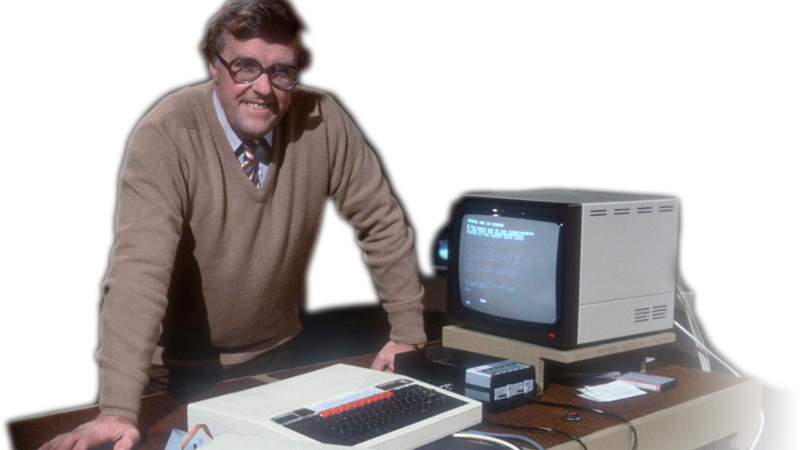In the early 1980s there was growing public awareness that the microcomputer revolution would have a significant effect on everybody’s lives, and there was a brief period in which anything remotely connected with a computer attracted an air of glamour and sophistication. Broadcasters wanted to get in on the act, and produced glowing documentaries on the new technology, enthusiastically crystal-ball-gazing as they did so.
In the UK, the public service BBC broadcaster produced a brace of series’ over the decade probing all corners of the subject as part of the same Computer Literacy Project that gave us Acorn’s BBC Micro, and we are lucky enough that they’ve put them all online so that we can watch them (again, in some cases, if a Hackaday scribe can get away with revealing her age).
You can see famous shows such as the moment when the presenters experienced a live on-air hack while demonstrating an early online service, but most of it is a fascinating contemporary look at the computers we now enthuse over as retro devices. Will the MSX sweep all before it, for example? (It didn’t).
They seem very dated now with their 8-bit micros (if not just for the word “micro”), synth music, and cheesy graphics. But what does come across is the air of optimism, this was the future, and it was packaged not as a threat, but as a good place to be. Take a look, but make sure you have plenty of time. You may spend a while in front of the screen.
We’ve mentioned int he past another spin-off from the Computer Literacy Project, the Domesday Project.
Thanks [Darren Grant] for the tip.
















oh I loved those old cub monitors…. you could club a sperm whale to death with one..
dropping one on your foot really made you notice….
Yeah. I added a scart socket to one as a kid. Drilling the hole was tough!
I can imagine, considering that a scart-connector requires a rectangular hole.
Yep. Stitch-drilled and then filed. Spectacularly thick case metal.
The BBC computer literacy project was a major contributor to getting people involved in computing, it is great that the BBC have made the archive available.
BBC seems to be a better bang for the buck than anything we have over here. There’s Battle Academy over on Fanatical that supposedly was commissioned by the BBC.
Reminds me of early computer shows over here. It’s really a blast from the past seeing people talk about everything as though it’s new. Maybe someone will show what Plato was?
Yes, I get to lookup a video that has been at the back of my head for a very long time, explaining basic computer AI something involving tick-tack-toe, 9 coloured match boxes and 9 different colour of balls. Back propagation neural networks kind of explained physically. I’m about 70% sure that it involved Chris Serle and Ian McNaught-Davis.
If you want to just see the hack it starts here at this moment:
https://m.youtube.com/watch?v=ZCMuBH2aZbE&t=4200s
Fantastic!
We had exactly that model of mono tape recorder for loading and saving programs onto our ZX Spectrum! It was by Thorn (Thorn EMI) and you could adjust both the volume *and* the tone. Once you managed to get the right settings to load programs without the dreaded: “R: Tape loading error 0:0” report appearing, you would never go near those controls again :-)
Remember, the BBC micro, as sophisticated as it was, was far too pricey for regular kids – most of us really did have ZX Spectrums (and later maybe Commodore 64s when they started to take off).
https://computer-literacy-project.pilots.bbcconnectedstudio.co.uk/2264a5e86a4aa2e8b36ed6acee9f6462 at 20:30 … ohh how naïve :-)